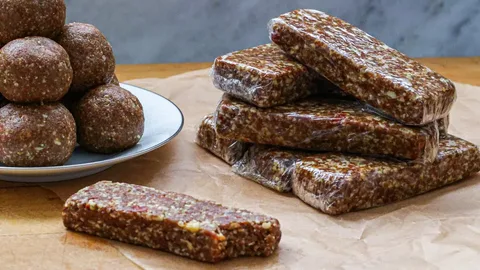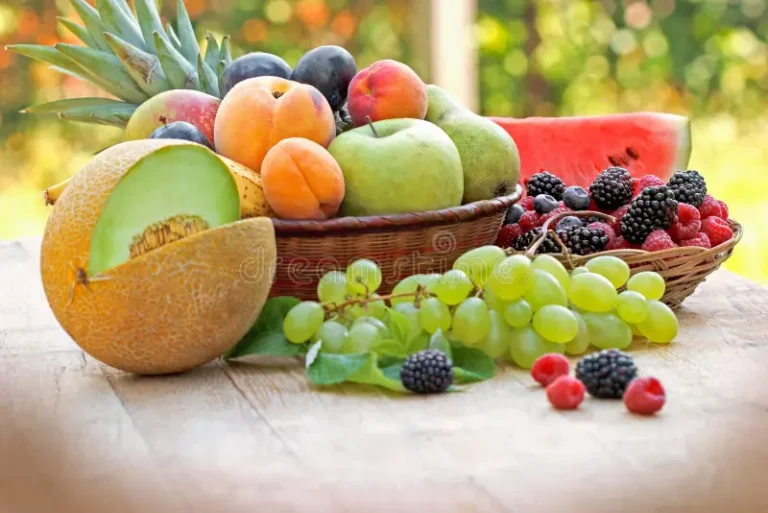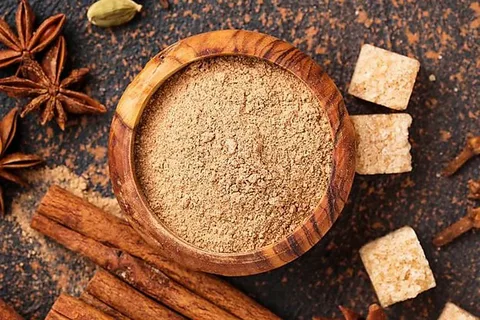
Raw honey is a natural wonder that has been revered for centuries not just for its sweetness, but for its powerful health benefits and versatile use in cooking and baking. Unlike processed honey, raw honey is unfiltered and unpasteurized, preserving all its natural enzymes, antioxidants, and nutrients. This makes it a potent ingredient in both health remedies and culinary creations, particularly baking, where it enhances flavor, improves texture, and offers nutritional advantages.
In the world of baking, raw honey serves as a healthier alternative to refined sugar. Its natural sugars—fructose and glucose—make it sweeter than regular sugar, allowing bakers to use less of it while still achieving the desired taste. Beyond sweetness, honey adds moisture to baked goods, extending shelf life and creating a softer, more tender crumb. When used in cakes, muffins, or breads, raw honey imparts a subtle floral or earthy flavor depending on its source, such as clover, wildflower, or manuka. It also aids in caramelization, giving baked goods a golden hue and a slightly chewy texture that refined sugars cannot replicate.
Beyond the kitchen, raw honey is celebrated for its remarkable health properties. It contains antioxidants such as flavonoids and phenolic acids, which help fight oxidative stress and support a healthy immune system. Raw honey also has antibacterial and anti-inflammatory properties, making it effective in wound healing and soothing sore throats. Regular consumption in moderation can promote digestive health by supporting good bacteria in the gut. It’s even used as a natural energy booster due to its quick-digesting natural sugars, making it popular among athletes and those needing a quick pick-me-up.
Raw honey also supports skin health. When applied topically, it can help with acne, eczema, and dry skin by moisturizing and reducing inflammation. Many natural skincare products now include raw honey as a key ingredient due to its ability to heal and rejuvenate. In addition, raw honey can help balance cholesterol levels, regulate blood sugar when consumed in small amounts, and even improve sleep quality by supporting melatonin release during the night.
However, it’s important to use raw honey wisely. Because it is a natural sugar, excessive use can lead to blood sugar spikes. Also, it should never be given to infants under one year old due to the risk of botulism. In baking, replacing sugar with honey may require recipe adjustments, such as reducing liquid or lowering baking temperatures slightly, because honey browns faster than sugar.
Conclusion:
Raw honey is more than just a natural sweetener—it’s a powerful ingredient that bridges the gap between flavor and wellness. Whether you’re enhancing the taste and texture of your baked goods or tapping into its rich health benefits, raw honey offers a wholesome, multi-functional alternative to processed ingredients. Its rich nutritional profile and therapeutic qualities make it a must-have in every kitchen, proving that nature’s simplest gifts often carry the most value.





